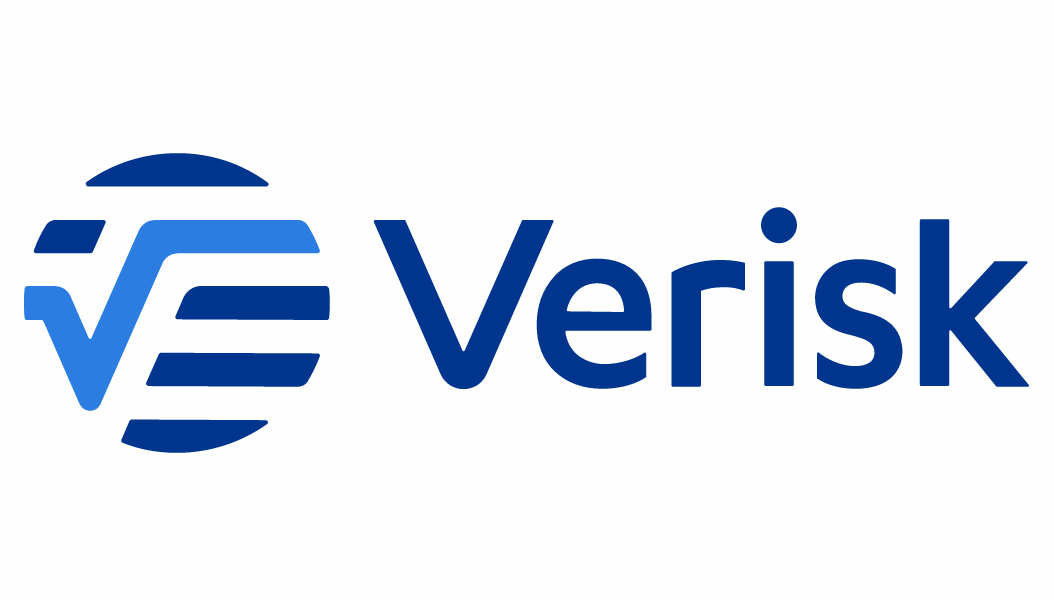
We typically don’t give much thought to insurance until something goes wrong.In a business, ensuring your coverage is on point could make the difference between recovery and total loss.Understanding what is covered and what should be covered is key to preparing for the unexpected.
Our business insurance inventory checklist is a no-nonsense guide to ensure you are not left in the dark if disaster strikes. What to Include in Your Business Insurance Inventory An insurance inventory for business owners is straightforward and typically includes the following types of coverage: Commercial Property Insurance This coverage helps protect the building and equipment you use to operate your business, whether it is owned or rented.It is vital to keep an up-to-date inventory of everything, including office furniture, computers, and machinery, complete with serial numbers, descriptions, and photos.Liability Insurance General liability insurance protects your enterprise from the losses of bodily injury claims and from property damage.
Accidents can happen, and if a product or service of your business injures a person or damages someone else’s property, a general liability policy can help cover costly lawsuits.Also known as E&O (errors and omissions), professional liability insurance covers claims related to mistakes in the professional services your business renders.It is advisable to regularly review contracts with clients and suppliers to ensure your liability coverage matches your current exposure.
Cyber Liability Insurance Data is everything in the business world, and a breach could destroy a healthy company.Cyber liability insurance helps your business respond to a data breach in which personally identifiable customer information or proprietary business strategies are lost or stolen.This type of coverage is the modern-day “fire extinguisher” for digital threats.
If your company handles sensitive information, you need a security plan beyond paying for insurance.Assessing your internal systems, encryption practices, and data storage is a critical task.Workers’ Compensation Insurance Workers’ comp coverage is a legal requirement in most states and an essential safeguard for the health of your team and the future of your business.
Workplace injuries can lead to expensive medical bills, lost productivity, and lawsuits.Business owners should thoroughly review employee roles, physical working conditions, and the risks they face while on the job.Include remote and part-time employees in your assessment. Commercial Auto Insurance If your business relies on vehicles, personal auto insurance policies are insufficient.
Commercial auto insurance is specifically designed to cover accidents, damage, and theft while driving for work purposes.Ensure all persons driving for business purposes are listed on your policy. Business Interruption Insurance If a fire, a natural disaster, or even a pandemic stops your business in its tracks, business interruption insurance can help bridge the gap while you are getting back on your feet by covering lost income and operating expenses.To help you gauge how much coverage is adequate, review your operations and determine what expenses would continue during downtime. Each business has its own unique insurance needs.
Our agents are licensed professionals who can help you obtain the right coverage at the best available rates.
Publisher: Drake Insurance Inc.








